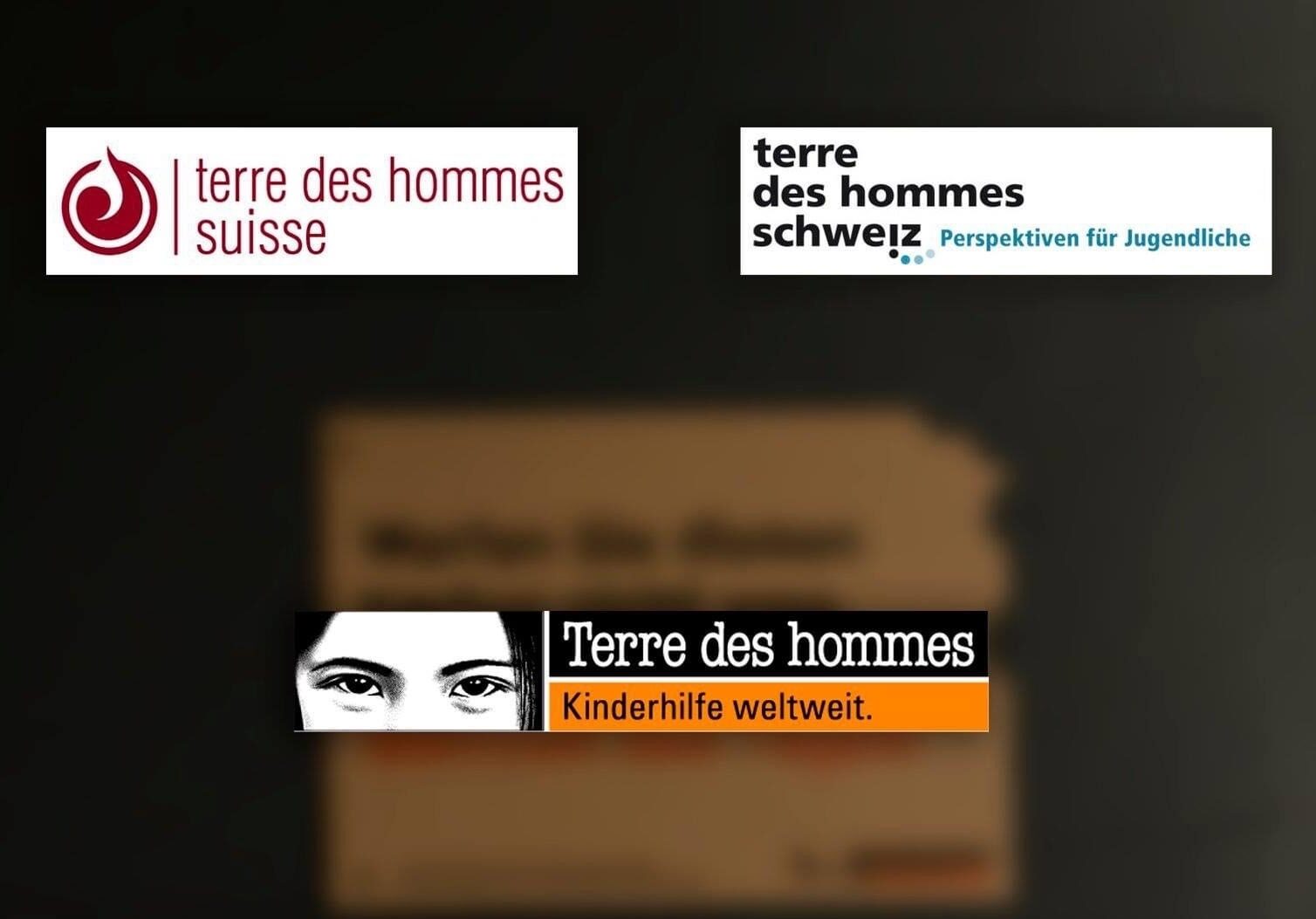Amidst all the hype surrounding the downfall of Credit Suisse, the impact on countries in the Global South is often overlooked in local reporting. In an article, Alliance Sud provides animportant classification of the consequences of the banking scandals.
Together with other Swiss non-governmental organizations (NGOs), terre des hommes schweiz has been investigating the illegal activities of Credit Suisse in Mozambique since 2017. Illegal loans plunged Mozambique into a financial crisis in 2016 that continues to this day. On this occasion, terre des hommes schweiz launched a petition with several NGOs in 2019 (see also Humanitarian crisis in Mozambique: NGOs call on Credit Suisse to cancel debt | terre des hommes schweiz). Alliance Sud also reported on the credit scandal.
Money to dubious companies
The financial scandal began in 2013, when Mozambique took out state-guaranteed loans totaling two billion dollars within two years, half of which was arranged by CS. The money was to be used to finance a coastal surveillance system, the construction of shipyards and a tuna fleet. The deal bypassed parliament and the National Bank of Mozambique and the money went to three dubious parastatal companies. The boats were overpriced and are still rusting away unused in the port of Maputo. And some of the money disappeared into dark channels.
When the first details of the obscure deal came to light in early 2016, various foreign donors, including the International Monetary Fund, withdrew from Mozambique. In 2017, the government in Maputo announced that it was no longer able to service the debt – the country had to declare its insolvency at times.
The social consequences of this debt crisis were fatal: government spending was cut by around half. Most of the cuts affected the education and health sectors, as detailed in a study published in 2021 by research institutes in Norway and Mozambique. According to the study, around 1.9 million people slipped into poverty between 2016 and 2019 as a result of the state financial crisis. The main victims of the irresponsible and criminal machinations of the banks are the poorest of the poor.
Financial disaster followed by another natural disaster
Mozambique is one of the poorest countries in the world, with almost 64% of its population living below the poverty line in 2020. It is also one of the countries in the world most affected by the effects of climate change. The tropical storms on the country’s east coast are becoming increasingly destructive and frequent. In 2019, cyclone Idai caused a humanitarian disaster with devastating floods that affected more than two million people. A similar scenario is repeating itself this year. In recent weeks, more than 160,000 people have been displaced by Cyclone Freddy, with a total of around 1.4 million people affected by the storm damage. The destruction is exacerbating the health crisis in the region, as cholera, malaria and Covid-19 are spreading even further as a result.
The crisis-ridden country will not recover from the debt crisis that Credit Suisse helped to cause for a long time. In 2021, the bank was sentenced to pay fines of 475 million dollars and debt relief for Mozambique amounting to 200 million dollars. However, this will not be able to reverse the serious effects of the country’s long-standing financial crisis.
CS still under indictment
Further court cases are still pending. Specifically, this involves a lawsuit brought by creditors against Credit Suisse at the High Court in London, the hearing of which has been scheduled for September 2023 . It remains to be seen how the Confederation’s guarantees for UBS will be applied in the event of any penalty payments.
Author: Andrea Zellhuber, development policy and responsibility for the culture of peace


